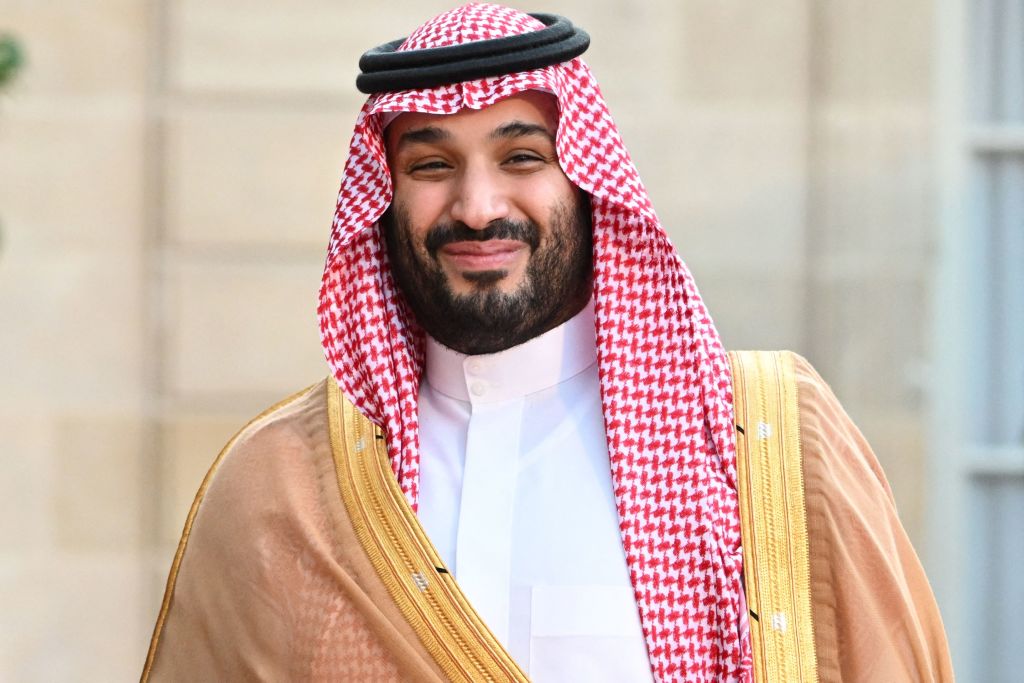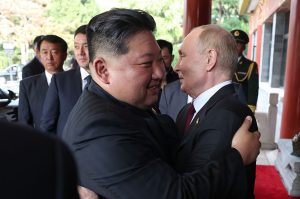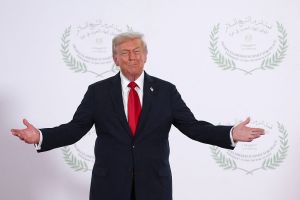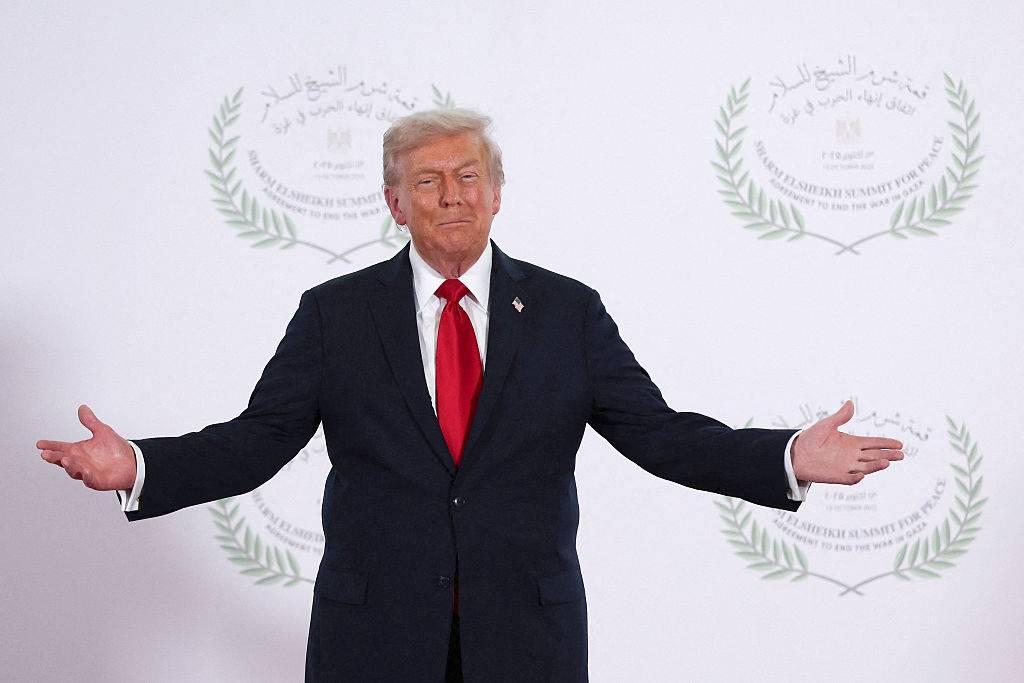The Middle East, etched into the Western psyche as a region prone to conflict, economic malaise and geopolitical rivalry, is now awash in a frenzy of diplomatic activity. Much of the action is springing from an unlikely source: Mohammed bin Salman. The young, ambitious Saudi crown prince is making quite a personal transformation — and it’s one that should be encouraged.
Even before he won the job after a cut-throat battle with Mohammed bin Nayef, his older and more respectable cousin, the US and its allies perceived MbS to be a hot-headed, impulsive workaholic with big dreams for Saudi Arabia but very little patience. MbS wanted to turn the country into an economic and technological powerhouse, challenge the rigid social rules that had dominated Saudi life since the founding of the al-Saud dynasty and bring the Arab world’s most important country into the twenty-first century.
But the Saudi royal came with a destructive streak. MbS believed the kingdom had an exclusive right to leadership in the Middle East and didn’t tolerate others standing in his way. In 2017, Saudi Arabia, in conjunction with the United Arab Emirates, Bahrain and Egypt, instituted a sea and air blockade on neighboring Qatar as punishment for its improving ties with Iran. During the same year, Lebanese prime minister Saad Hariri was summoned to the kingdom for an urgent meeting, but the meeting was alleged to be a kidnapping, with Hariri not leaving Saudi Arabia until he resigned his post.
To Saudi Arabia’s south, the war against Yemen’s Houthi rebels — a military campaign MbS thought would be over in weeks — proved to be a gargantuan failure. The Saudi-supported Yemeni government was weak, the Houthis were in control of the country’s northern population centers and the war crimes committed by the Saudi coalition were undermining the kingdom’s international reputation. The premeditated killing of Washington Post columnist Jamal Khashoggi, reportedly ordered by MbS, was the final straw for many in the West.
While it would be a stretch to say the Khashoggi episode was a life-lesson for MbS, you can’t deny that the Saudi royal has become far more pragmatic in his international dealings since. Much of the change can be attributed to Riyadh acknowledging that Saudi Arabia’s aggressive foreign policy was doing more harm than good, hurting its strategic position and causing problems in its relationship with the West.
The transformation has been a dramatic one for the Saudis. MbS, who once said that Iranian supreme leader Ayatollah Ali Khamenei was worse than Adolf Hitler, is now in the process of restoring diplomatic relations with him. In April, Iran invited Saudi King Salman, MbS’s ailing father, to visit Iran in what would be the first trip by a Saudi monarch since the Islamic Republic’s establishment in 1979.
Saudi officials are in direct negotiations with the Houthis in Yemen to strike an arrangement that would allow Riyadh to withdraw from the nearly nine-year civil war there. After spending years trying to oust Syrian dictator Bashar al-Assad, the Saudi foreign minister flew to Damascus on April 18 to promote a diplomatic rapprochement. The Saudis have strengthened their intelligence relationship with Israel and hinted at a broader normalization at some point in the future, even as they seek to turn the page with Hamas and improve the prospects of brokering an inter-Palestinian reconciliation.
Riyadh is even flexing its diplomatic muscles outside of the Middle East. In cooperation with the US, the Saudis co-sponsored a dialogue in Jeddah between representatives of Sudanese army chief General Abdel Fattah al-Burhan and General Mohamed Hamdan Dagalo of the Rapid Support Forces. The aim: a durable ceasefire and safe passages for humanitarian aid. And while the kingdom may not have a direct stake in the war in Ukraine, it helped broker a prisoner exchange last year between Moscow and Kyiv.
Despite this activity, caution is in order. None of these diplomatic initiatives are destined for success. Some, like a Saudi-backed effort to bring the Palestinian Authority and Hamas under the same umbrella, are probably destined for failure.
But regardless of the end result, the initiatives feature a marked change in Saudi decision-making and represent a more mature approach toward statecraft. This is not only good for Saudi Arabia but a positive for the United States as well. A less adventurist Saudi Arabia reduces the pressure on Washington to become more involved in the Middle East, which is often the de facto response of the US foreign policy establishment. Less conflict between the region’s major players also minimizes the risk that US forces stationed in the Middle East will be dragged into local contests that typically have little bearing on US interests.
This article was originally published on The Spectator’s UK website.

























